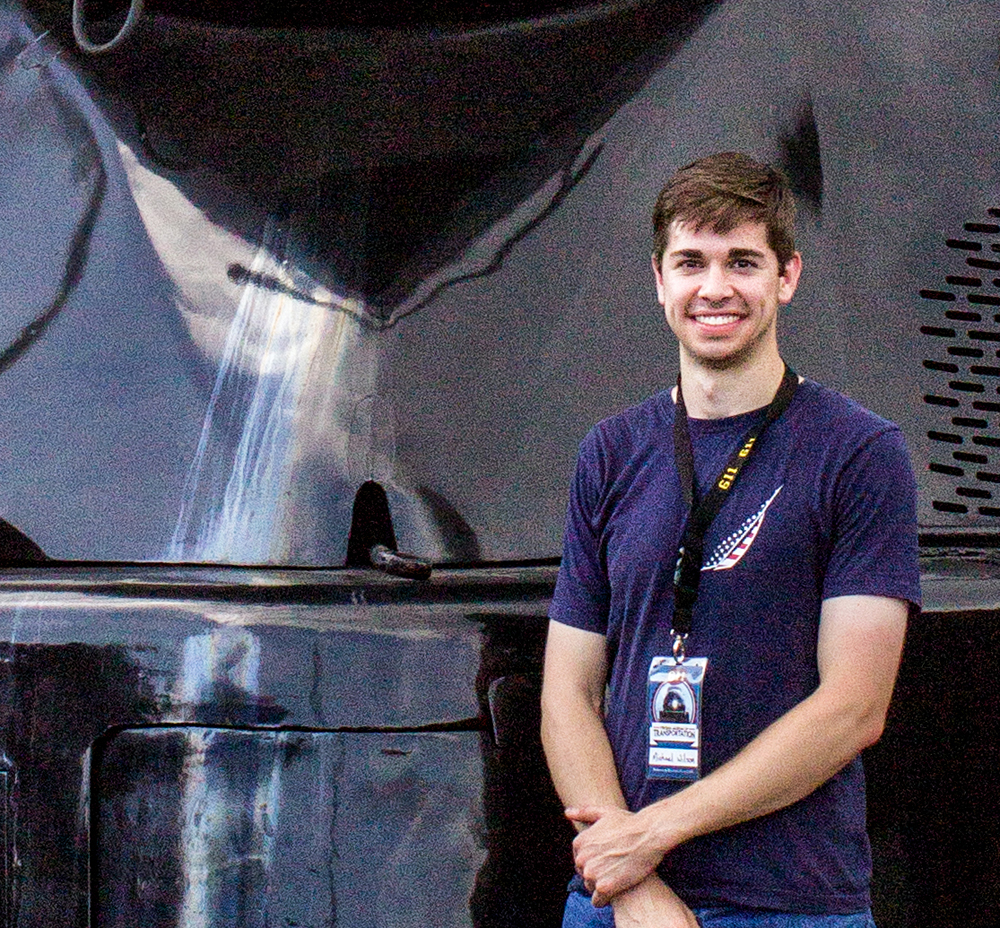
What was your first byline in Trains? Mike Wilson: My first byline in Trains was “Winter in Coal Country,” published in January 2022 featuring an in-depth look at the former Norfolk & Western, now Norfolk Southern, Pocahontas Division within the backwoods of southern Virginia and West Virginia. In my humble opinion, the Pocahontas Division serves […]
Read More…
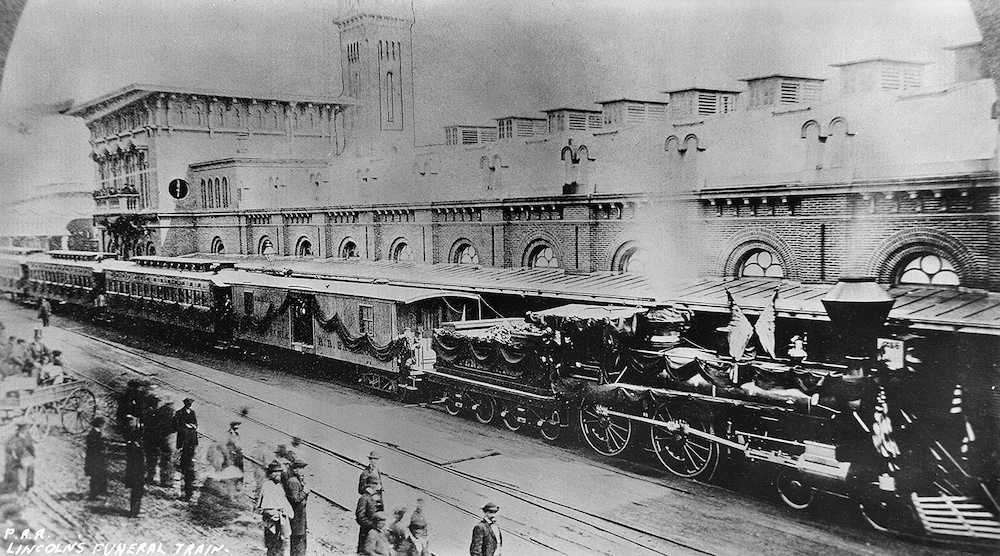
The assassination of Abraham Lincoln on April 15, 1865, sent a Civil War-battered country into 20 days of national mourning. At the center of it all was a black-draped train, slowly and sadly carrying the former commander in chief’s body from Washington, D.C. to his hometown of Springfield, Ill. The U.S. rail network is no […]
Read More…
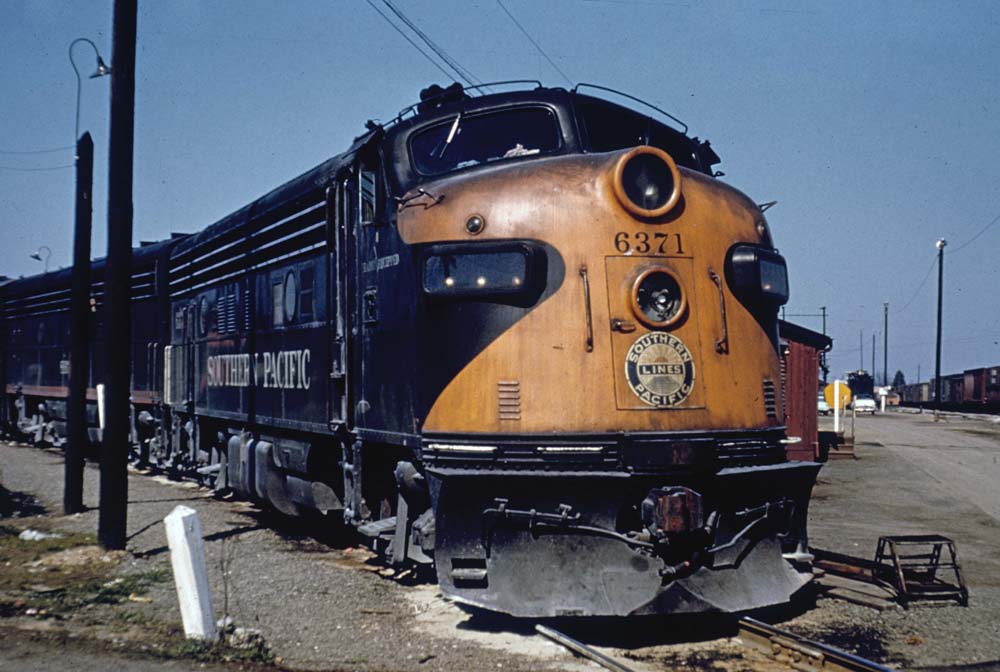
Southern Pacific In 2024, with few exceptions, we have seen the Class I railroads settle down on basic locomotive color schemes. BNSF, for example, moved from orange and green (H1) to orange and black with the introduction of the H4 paint scheme in March 2005. Union Pacific will always have Armour Yellow. But Southern Pacific […]
Read More…
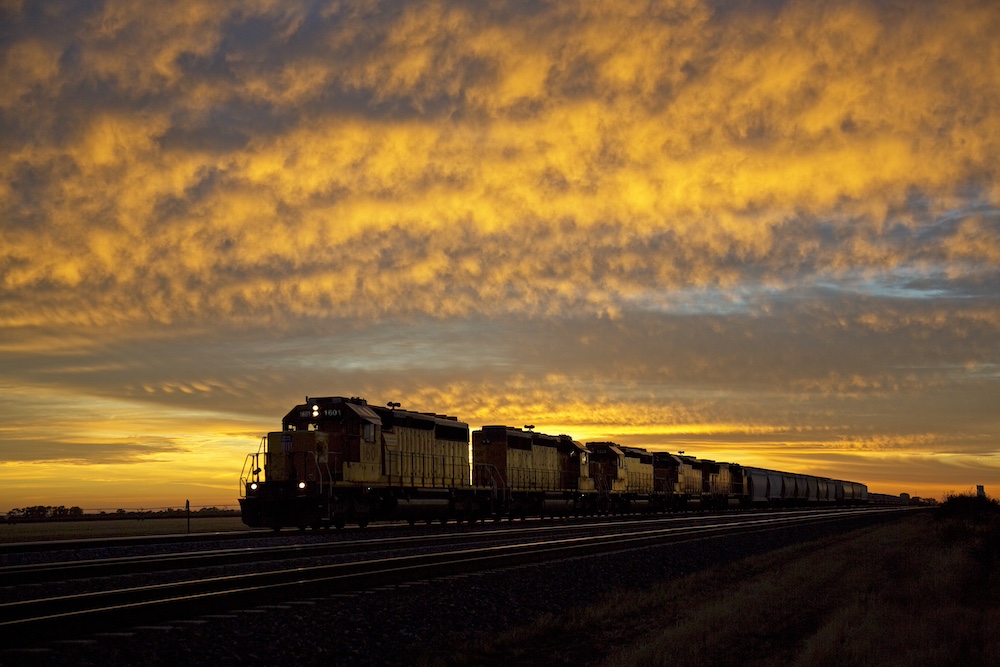
Nebraska’s U.S. Route 30 LOCATION: Trains Columnist Don Phillips prescribed driving Nebraska’s U.S. Route 30 along the Union Pacific main line as an antidote for the 1970s railroad blues (“Solace on Highway 30,” October 1978). For all that has changed in 45 years, the railroad is still Union Pacific and it always puts on a […]
Read More…
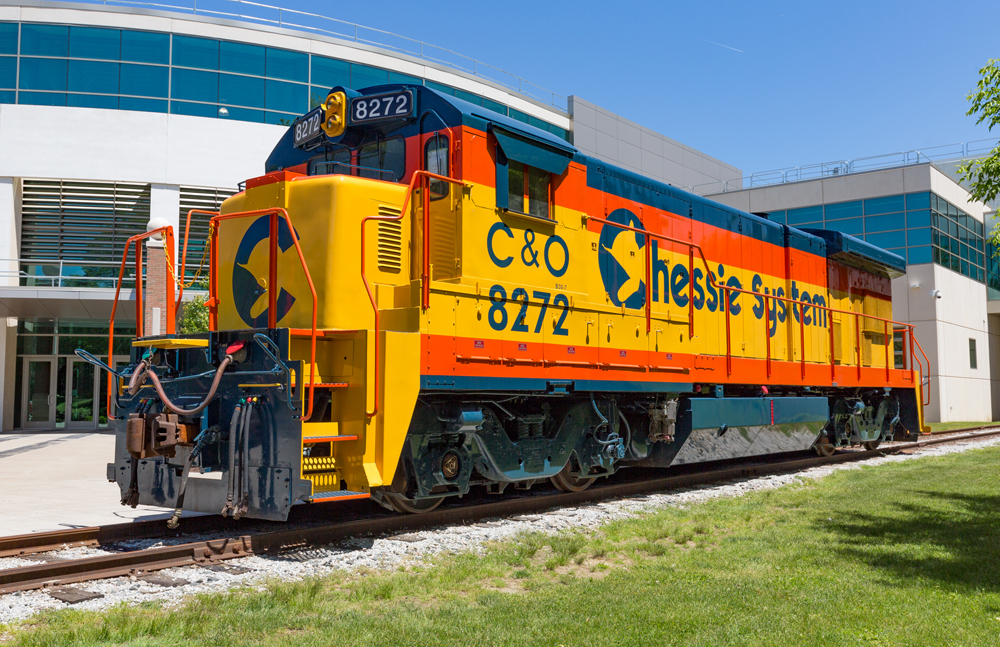
GE’s B30-7 In the late 1970s, General Electric introduced the B30-7, a 16-cylinder, 3,000-hp, four-axle locomotive designed for road service. Virtually identical externally to the B23-7 model offered at the same time, the B30-7 ended up with less orders, though it did sell more variations than its 12-cylinder, 2,250-hp cousin. The launch customer for the […]
Read More…
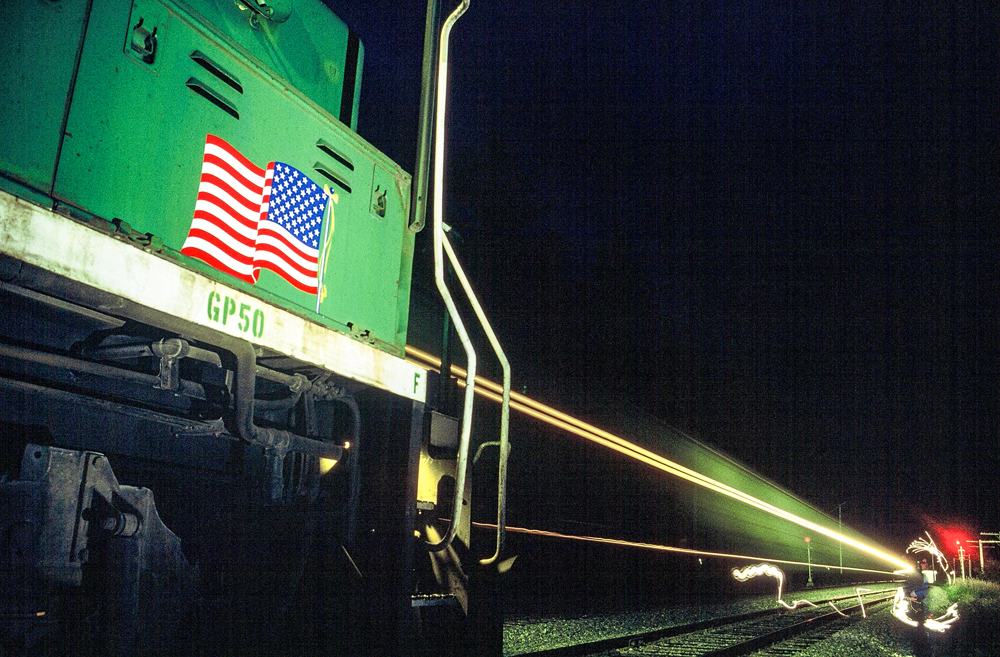
Railroad fusees My first memory of using railroad fusees [flares] for signaling was on an early winter morning in 1978. Coming back from lunch on the midnight shift at Auburn yard, the scenery had turned very foggy. Lanterns, while not useless, were hard to see at a distance in that kind of weather. During those […]
Read More…
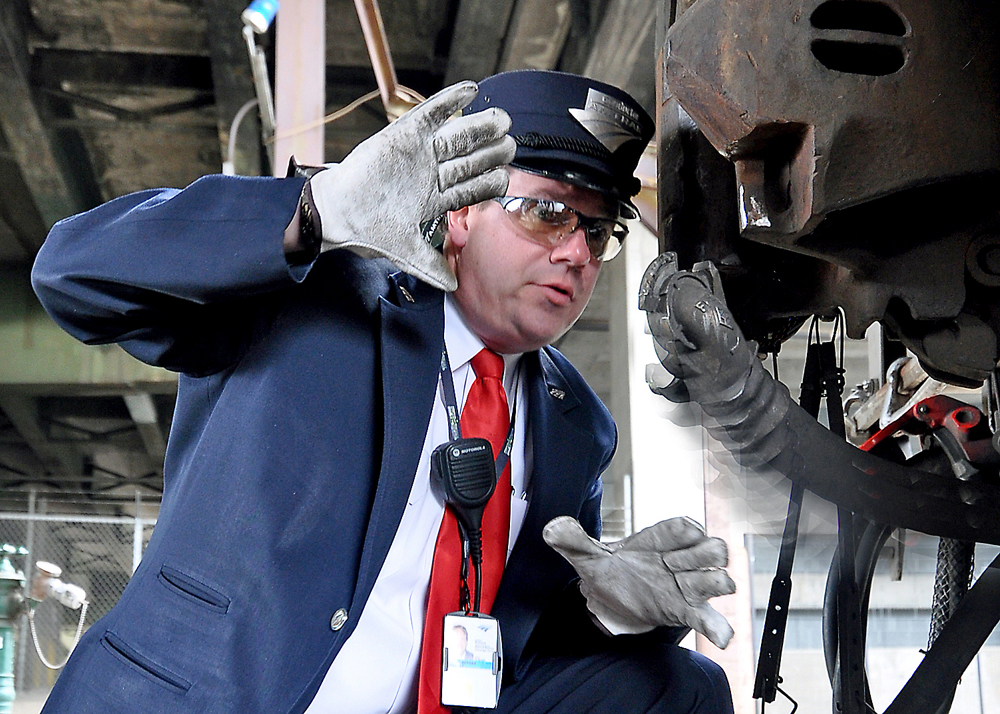
It’s a dangerous world out here I heard from a reader who’d recently become a railroader. A camera tot’n railfan (as I had once been) — and a very good one, at that. My first response was to congratulate him. My next impulse was to offer a heartfelt warning. “Whatever you do, be careful. It’s […]
Read More…
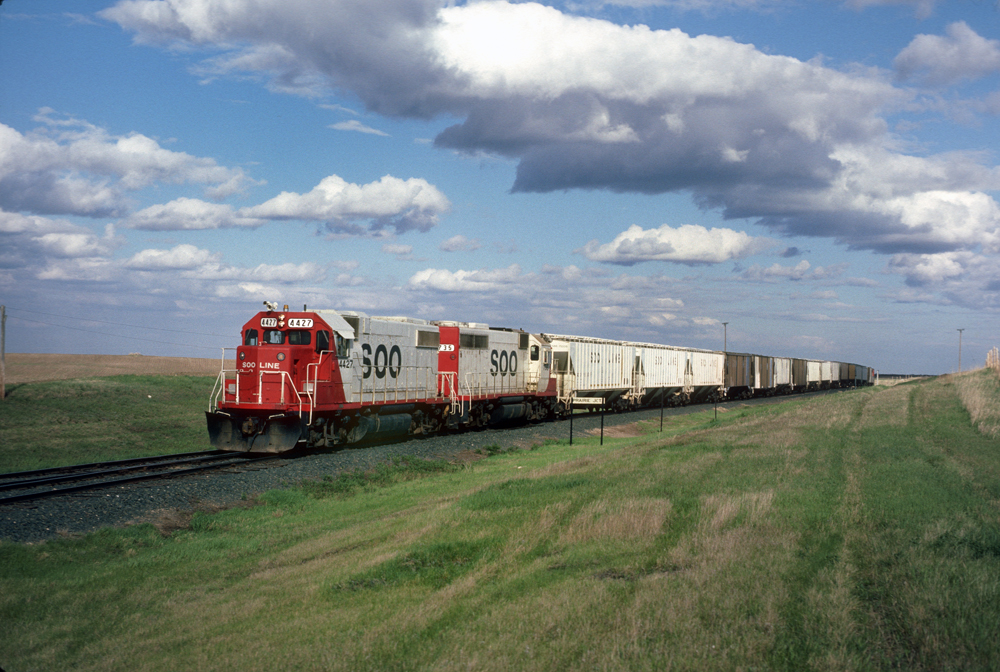
Freight paint schemes When public image was a big deal for railroads, many of them went out of their way to put together great looking freight locomotive paint schemes. Passenger locomotives were an obvious choice, but for many, just as much care went into a suitable freight scheme After all, a train stopping traffic at […]
Read More…
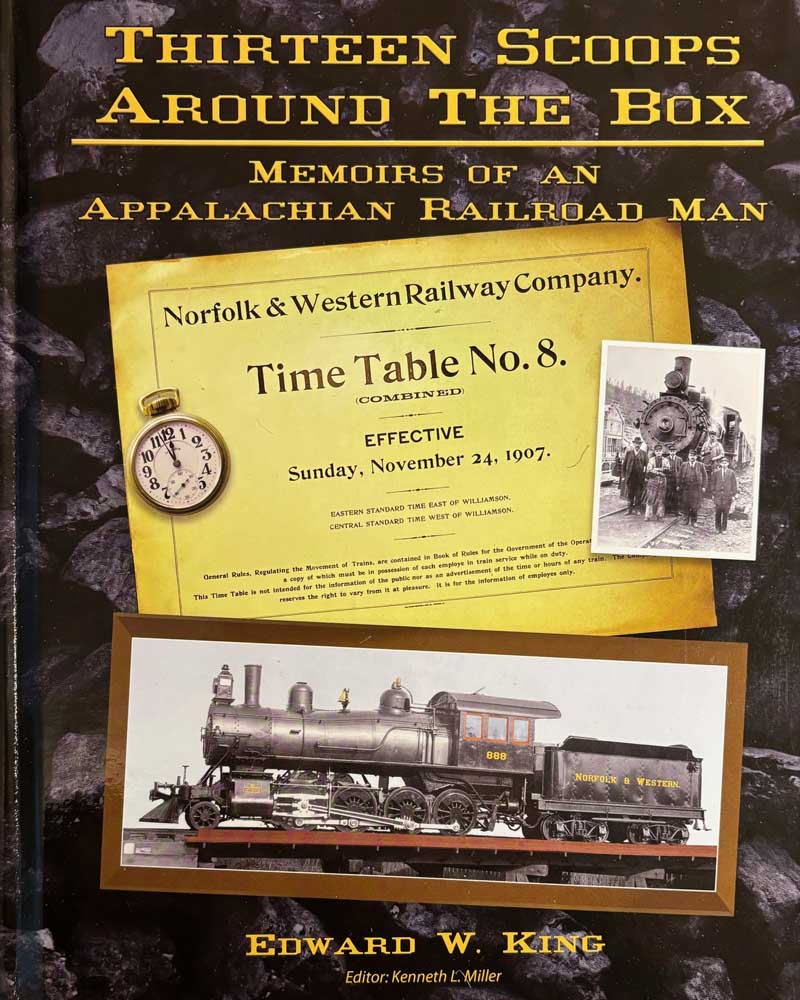
Rumors of the death of railroad fiction are greatly exaggerated. The veteran railroad journalist Fred Frailey made that clear a year ago with his “Seldom Willing,” an absorbing tale of an ambitious 1980s Midwestern regional railroad that outmaneuvered a far larger rival. When Fred told me his novel was coming out soon, I wasn’t sure […]
Read More…
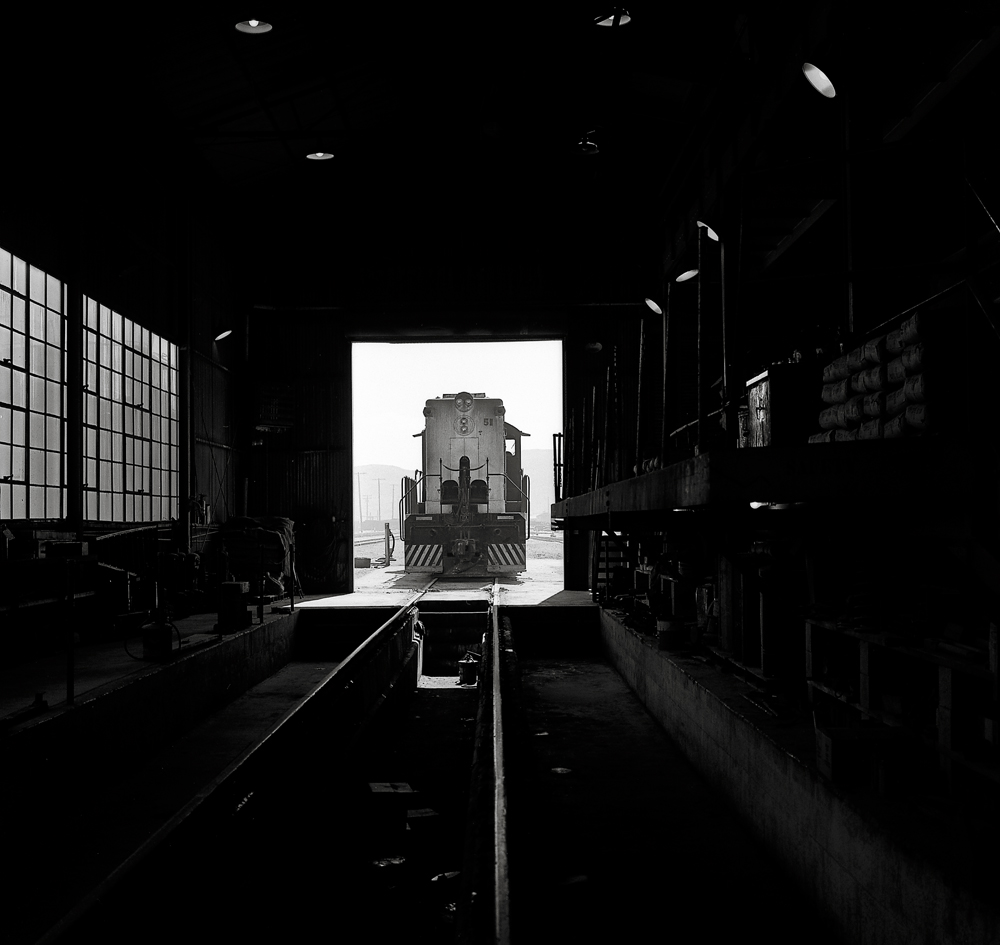
Trona Railway The California desert is different from the rest of the state. Remote, vast, and lonely, it is a world apart from the California coast or California north. Punctuated by cactus, brush, and fast-moving little creatures, it is seemingly geographically flat, yet is actually a series of undulating ups and downs that can create […]
Read More…
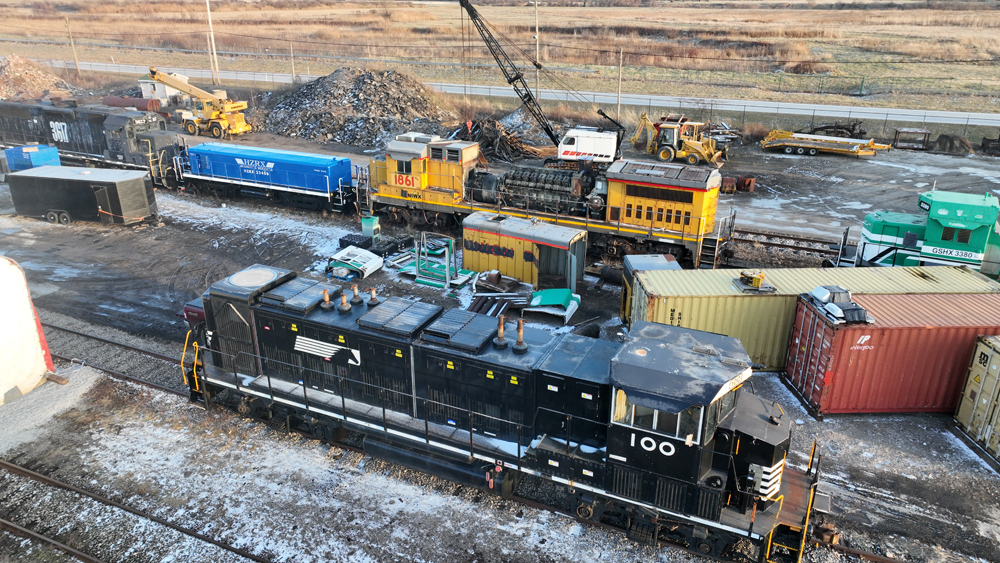
A primary selling point At the time, gensets seemed like a good idea. Efficient, small, and imminently capable, they would be able to do everything an industrial switcher or small road unit could, but while using less fuel and producing fewer emissions. In environmentally conscious areas, and those with legitimately bad air quality, anything that […]
Read More…
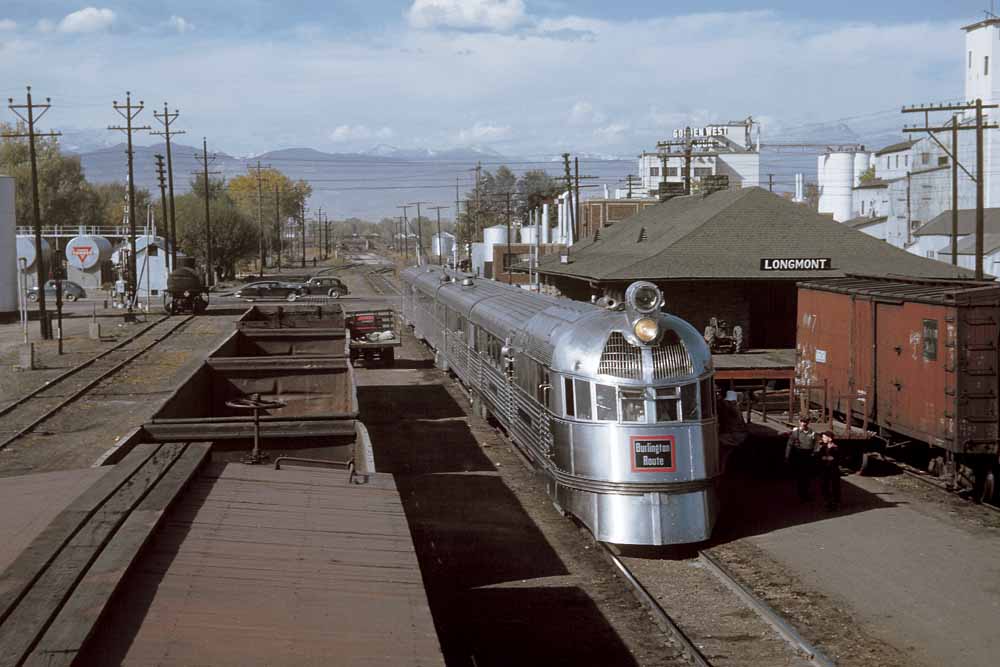
The Chicago, Burlington & Quincy Railroad, commonly known as the Burlington Route, had many Zephyrs. But out of all the streamlined trainsets and services famously named after the Greek God of the West Wind, which of the five where considered the most prestigious? Pioneer Zephyr Rolled out on April 7, 1934, by the […]
Read More…












